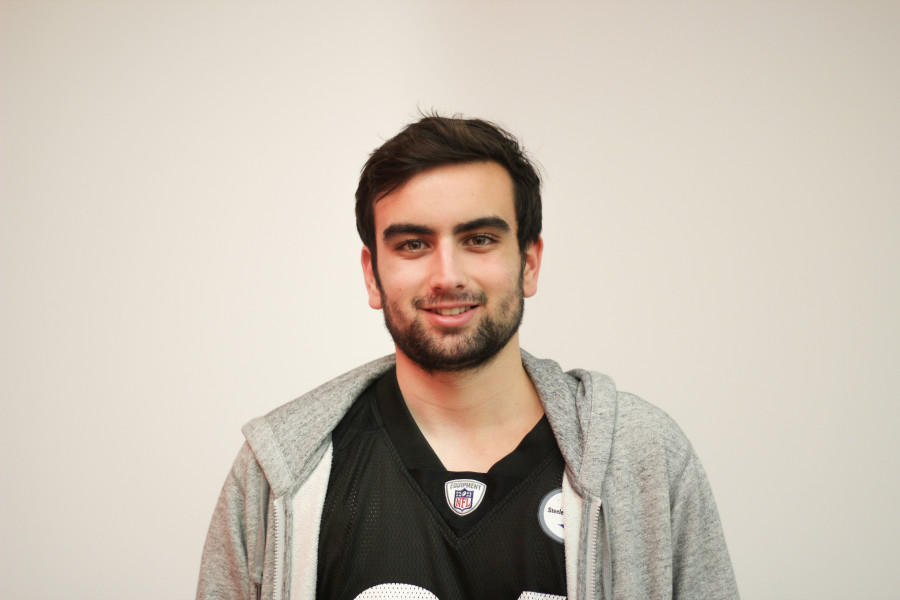Racial conversations on NYU Facebook groups need understanding
December 1, 2015
Important discourses are often the messiest. Nowhere is this more true than the Class of 2019 Facebook page, where heated discussions on racial inequality and the conduct of student protesters at universities nationwide have been unfolding for the last month. Perhaps the most troubling part of the posts were several students’ insistence that the harsh dismissal of their anti-protester opinions constituted a free speech violation. This curt disregard for certain ideas seems to have a lot of purchase with Facebook commenters, and it must be examined.
The First Amendment of the United States Constitution only permits punishment of a limited class of speech. Included in this class are words that directly and knowingly or recklessly cause violence, imminent lawless action or irreparable injury to reputation. Not included in this class are words that make you feel ignored. I can entirely reject your opinion, and I won’t be infringing on your rights. You wrote something, I read it and I told you what I thought of it. You are absolutely free to express your opinion without censorship or legal consequences, but I am equally free to express my opinion about what you said. You can only claim that your rights have been violated when the state has in some way limited your speech, not when private individuals have. The concept of the marketplace of ideas is predicated on this concept. You have the unimpeachable right to enter your idea into the marketplace, but you can’t demand that it be respected or paid any attention. Anyone who claims a violation of their legal rights during these heated arguments is wrong.
Perhaps those who disregard marginalized voices and are ignored in return object to the morality of being silenced, rather than the legality. Some may argue that healthy debate requires respect and decency on both sides. However, this line of thought is predicated on the assumption that the detractors’ opinions are being excluded from conversations about race. The issue with this line of argument is that it is predicated on the assumption that the detractors’ opinions are being excluded from conversations about race. Opinions that the black students at University of Missouri and Yale are exaggerating their oppression or pursuing recourse in an improper way might not be popular, but according to some people, they deserve airtime.
But ideas that marginalize people of color have arguably had a monopoly on airtime since America was founded. These ideas have been codified into laws that have stripped blacks of their wealth, decency and opportunity. Black America has not been ignoring these ideas; they can’t escape them. Slavery, Jim Crow, redlining, mass incarceration, poll taxes and voter ID laws have all forced blacks to live in an environment where their struggle is ignored. This willful, if subliminal, ignorance means that black Americans historically have to shout to be heard. To only grant blacks respect and equality if they behave like saints in the face of ubiquitous marginalization is a standard that doesn’t merit respect or civil consideration.
To the people who have the urge to assert their opinion whenever marginalized voices loudly proclaim their presence: your opinion isn’t being curtly dismissed because your opponents hate free speech, or because they think the color of your skin inherently invalidates your words. It’s being dismissed because the people you’re speaking to have heard your voice before. They’ve been forced to hear it and forced to live it.
Opinions expressed on the editorial pages are not necessarily those of WSN, and our publication of opinions is not an endorsement of them.
Email Matthew Perry at [email protected]



























































































































































